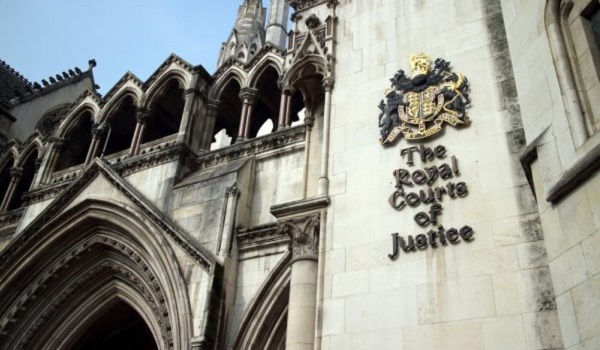GHB drug to be reclassified following use in ‘truly sickening crimes’
The drug GHB (gamma-hydroxybutyric acid) is to be reclassified following its use in “truly sickening crimes”, Home Secretary Priti Patel has said.
GHB and related substances are to be moved from Class C to Class B, following recommendations by the independent Advisory Council on the Misuse of Drugs (ACMD).
The Home Office will also bring forward legislation around two substances that can be converted to GHB on ingestion – gamma-butyrolactone (GBL) and 1,4-butanediol (1,4-BD). This means that their use for legitimate industrial purposes will require a licence.
The recreational club drug acts as a sedative, lowering inhibitions and giving users a sense of euphoria, but it can also make them feel sleepy and put them at risk of overdose and death.
Last November, the Office for National Statistics revealed that GHB was linked to the deaths of 219 people over a ten-year period and responsible for thousands of accident and emergency admissions each year.
The stricter measures come after GHB and related substances were found to have been used in horrific crimes, such as those committed by serial killer Stephen Port who used the substance to incapacitate his victims. In January 2020, Reynhard Sinaga was jailed for drugging and raping more than 40 men, with his trials hearing that he laced victims’ drinks with drugs such as GBH to render them unconscious.
Ms Patel said: “GHB and related substances have been used to commit some truly sickening crimes including murder, sexual assault and robbery. I will do everything in my power to protect people from harm, which is why I am tightening restrictions around these dangerous substances. These changes will make the drugs harder to access and introduce tougher penalties for possession.”
Both Class C and Class B drugs have maximum penalties of an unlimited fine for those found in possession but the maximum jail sentence is two years for Class C and five years for Class B.
The Government will look to bring forward the necessary legislation when parliamentary time allows.







